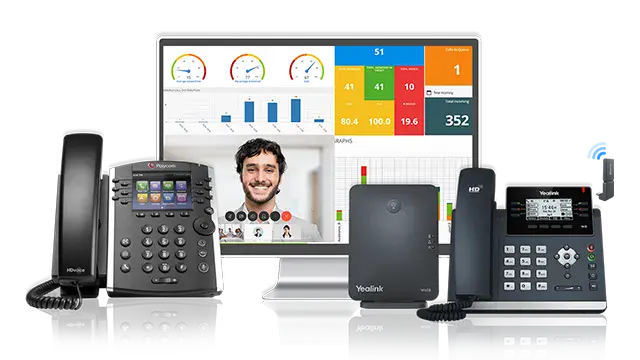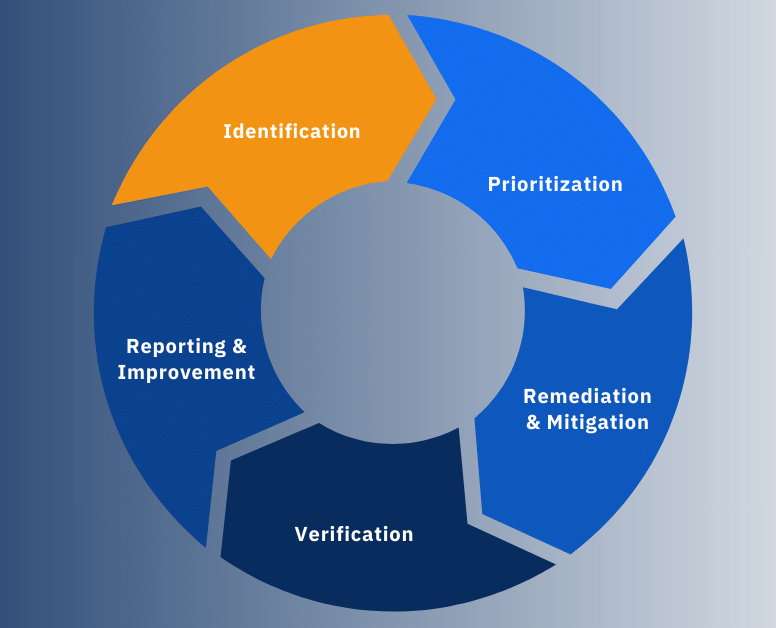Guide To Finding The Right Warehouse Management Systems For Small Businesses
Efficient warehouse management is crucial for small businesses to maintain streamlined operations, reduce costs, and improve customer satisfaction. Here’s a guide to help small businesses find the ideal WMS:
1. Identify Your Business Needs
Start by assessing your specific warehouse management requirements. Consider the size of your warehouse, the volume of inventory, the complexity of operations, and any unique needs related to your industry. This will help you identify the features and functionalities you need in a WMS.
2. Set a Budget
Determine how much you can afford to spend on a WMS. Costs can vary widely based on the complexity and capabilities of the system. Be sure to consider not only the upfront costs but also any recurring expenses for maintenance, updates, and support.
3. Research Available Options
Conduct thorough research on available WMS options. Look for systems that cater specifically to small businesses, as these are likely to be more affordable and easier to implement. Utilize online resources, industry forums, and reviews to compile a list of potential systems.
4. Evaluate Features and Capabilities
Compare the features and capabilities of each WMS. Key features to look for include:
- Inventory Management: Real-time tracking, inventory forecasting, and stock alerts.
- Order Management: Streamlined order processing, picking, packing, and shipping.
- Integration: Compatibility with other business systems such as ERP, CRM, and e-commerce platforms.
- User-Friendliness: An intuitive interface and easy-to-use features.
- Scalability: Ability to grow with your business and adapt to changing needs.
5. Check for Cloud-Based Solutions
Consider cloud-based WMS options, which offer several benefits for small businesses, including lower upfront costs, automatic updates, remote accessibility, and scalability. Cloud solutions can be particularly advantageous for businesses looking to minimize IT infrastructure investments.
6. Request Demos and Trials
Many WMS providers offer demos or trial periods. Take advantage of these opportunities to test the system’s functionality, ease of use, and compatibility with your existing processes. Involve your warehouse staff in the testing phase to gather their feedback and ensure the system meets their needs.
7. Assess Customer Support
Evaluate the customer support services provided by the WMS vendor. Reliable support is essential for troubleshooting issues, implementing the system, and ensuring smooth operations. Look for vendors that offer comprehensive support options, including phone, email, and live chat assistance.
8. Read Customer Reviews and Testimonials
Check reviews and testimonials from other small businesses that have implemented the WMS you are considering. Their experiences can provide valuable insights into the system’s reliability, ease of implementation, and overall performance.
9. Consider Customization and Flexibility
Ensure the WMS allows for customization to fit your specific workflows and business processes. A flexible system that can be tailored to your unique needs will provide the best value and functionality.
10. Evaluate Return on Investment (ROI)
Finally, assess the potential ROI of the WMS. Consider how the system will improve efficiency, reduce errors, lower costs, and enhance customer satisfaction. A well-chosen WMS should provide a clear path to recouping your investment through operational improvements.
By following these steps and conducting thorough research, small businesses can find the right Warehouse Management System to streamline their operations, improve inventory control, and drive growth in 2025 and beyond.
Explore

How Small Businesses Can Leverage AI in Communication Systems

Guide To Choosing The Right Payroll Services For Small Businesses

Small Business Digital Phone Systems: A Complete Guide

Guide To Finding The Right Mesothelioma Attorney

Vulnerability Management in Cyber Security: Protecting Your Systems from Threats

Effective Customer Support Solutions for Small Businesses

Structured Settlement Annuity Companies: A Guide to Choosing the Right Provider

Find the Right Therapist For Anxiety and Depression Near You
